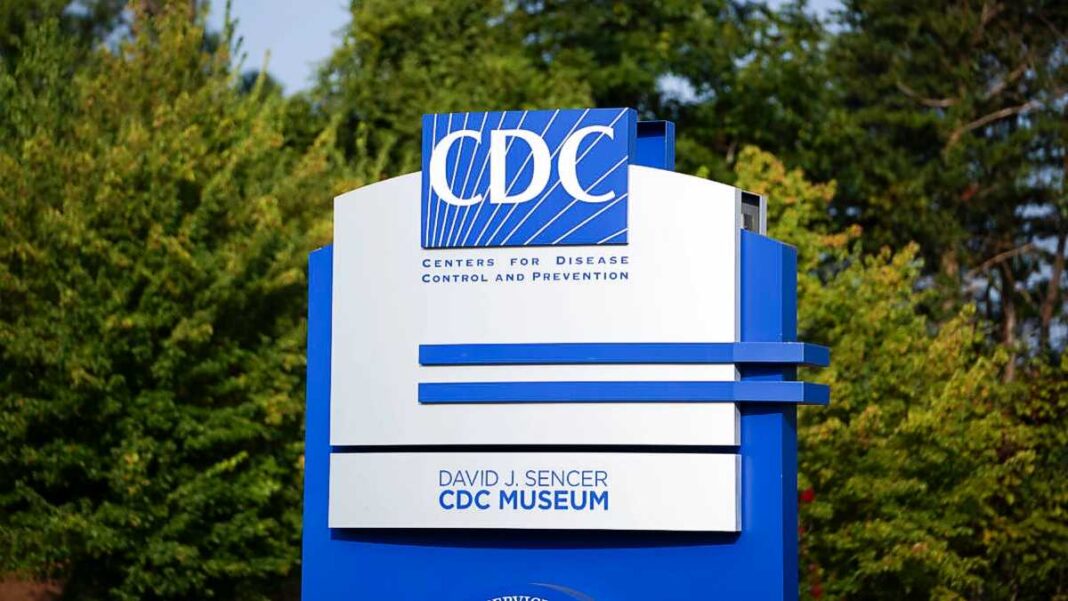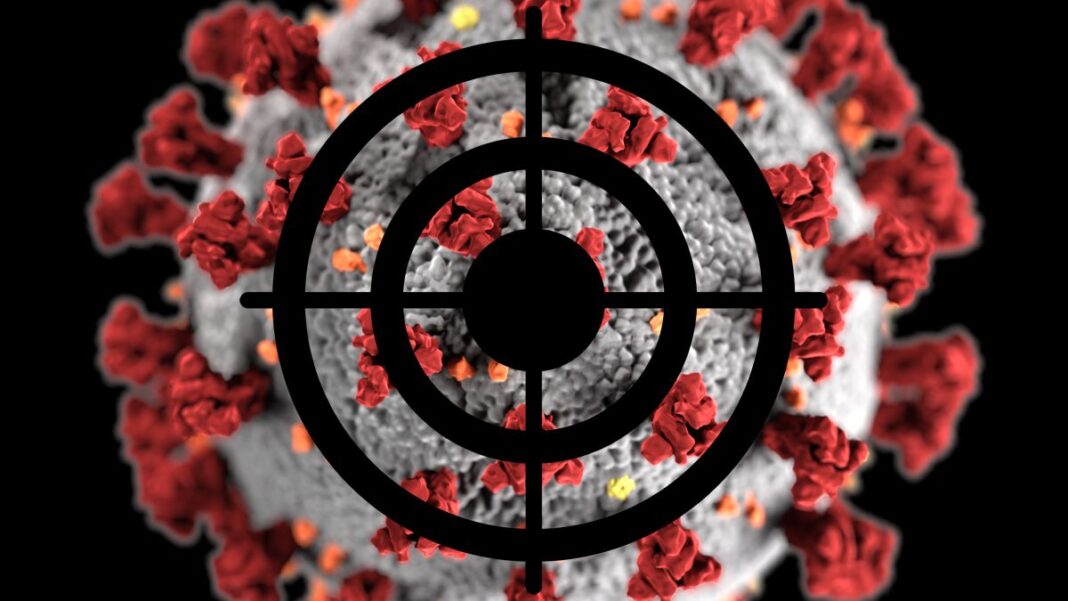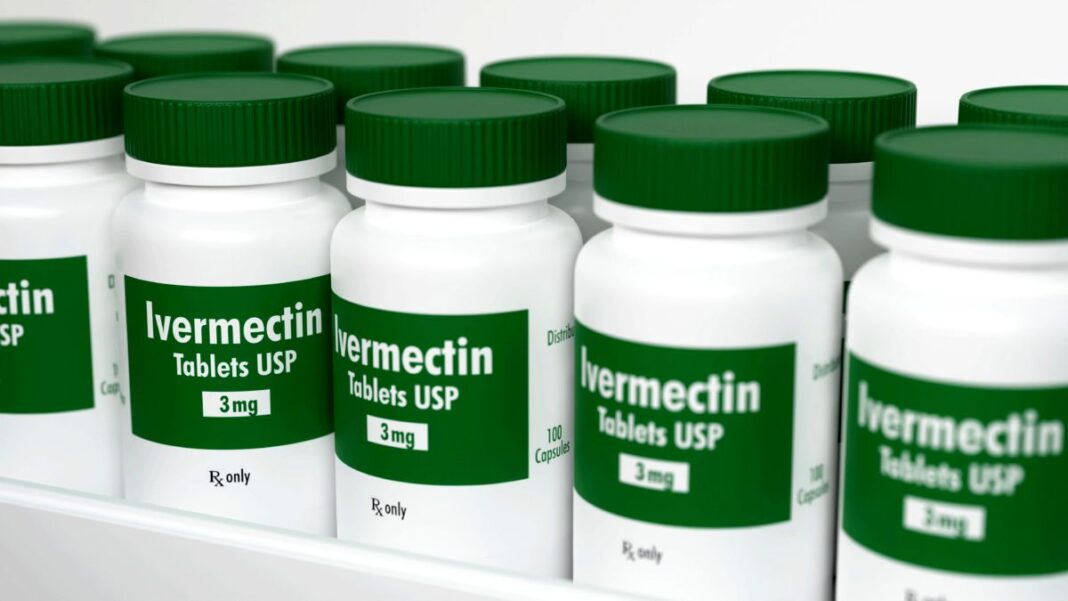The CDC’s Traveler-Based Genomic Surveillance program will test volunteers for more than 30 known pathogens, including flu, RSV, and other respiratory viruses.
The Centers for Disease Control and Prevention (CDC) is expanding its infectious disease surveillance program at four major U.S. airports as part of a new pilot program to provide early detection of more than 30 known pathogens, including influenza A and B, respiratory syncytial virus (RSV), and SARS-CoV-2.
The pilot is part of the agency’s Traveler-based Genomic Surveillance (TGS) program, implemented by biotech companies Ginkgo Bioworks and XpresCheck and will last several months.
TGS, led by the CDC’s Travelers’ Health Branch, is a public–private partnership that began in 2021 by collecting nasal swabs from volunteers during the COVID-19 pandemic to detect new variants early. It has since expanded to provide aircraft testing and wastewater sampling at seven airports nationwide. According to the CDC, the TGS program is a “model of pathogen detection that can be used as an early warning system for the detection of many pathogens beyond SARS-CoV-2.”
“The expansion of the Traveler-based Genomic Surveillance program to flu, RSV, and other pathogens is essential as we head into fall respiratory season. The TGS program, which began during the COVID-19 pandemic, acted as an early warning system to detect new and rare variants of the SARS-CoV-2 virus and will do the same for other respiratory viruses going forward,” Dr. Cindy Friedman, chief of CDC’s Travelers’ Health Branch, said in a statement.
Nasal samples that test positive will be sequenced and uploaded to public databases to inform public health officials and policymakers. However, the CDC didn’t disclose which public databases will have access to the data.
The wastewater testing program is designed to detect outbreaks and pandemics by monitoring pathogens circulating globally so they can be detected before they spread to communities, according to the CDC. Wastewater surveillance doesn’t require direct involvement from travelers to obtain samples. Instead, wastewater is collected using a custom-made collection device. Samples are then shipped to a laboratory for reverse transcriptase polymerase chain reaction (RT-PCR) testing, during which positive samples undergo genome sequencing to detect variants.







